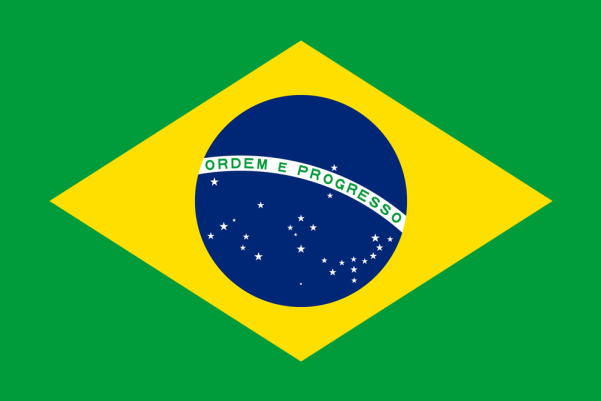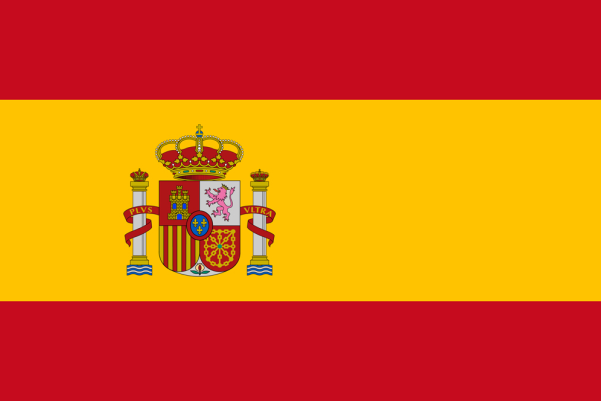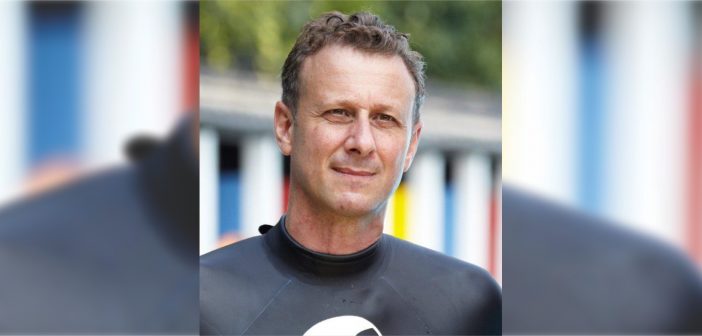One of the Brazilians making headlines in London is Eduardo Ferré, the UK’s proclaimed pioneer of “personal training” when it comes to learning to swim. He is the founder and director of Swimming Nature, an award-winning swimming school, and winner of various business accolades, including Time Out Business in 1995 and Innovative Concept of the Year in 2014. The school is also a member of the UKActive Partner Group, which has a mandate to develop sporting activities in conjunction with Sport England. Another point of note: Mark Foster, the BBC’s swimming commentator and six-time world record holder, is a brand ambassador for Swimming Nature.
BBMag: Tell us a little bit about your story, where you come from, and when and why you came to London?
Eduardo Ferre: I studied Physical Education in São Paulo, and, once I graduated, I decided to visit the UK with a friend, mostly to learn English.
BBMag: Where did the idea of opening Swimming Nature come from?
Eduardo Ferre: I’d say the business came about “organically”. As my English improved, I began giving swimming lessons in Kensington. I guess I was in the right place at the right time. My job was to teach students in groups, but then parents started asking me if I was available for private lessons, and through word-of-mouth I started to build my own client roster. I worked alone for a few years before starting Swimming Nature and focused on my students’ private and individual needs. The business model just naturally evolved from there.
BBMag: Tell us a little about working at Swimming Nature and the training method you’ve developed.
Eduardo Ferre: In the UK, lessons are usually about 30 minutes a week, and this time constraint presents big challenges in terms of ensuring that students realise genuine progress. I tried out a number of approaches but ultimately developed my own teaching method which allows students to internalise the information and movements needed in the pool. From there, I standardised the methodology, defined the programmes, and designed my own reward system and controls to monitor student and teacher performance. Years later, I conducted the world’s first survey about “learning to swim”, at the University of Edinburgh. Today, we teach about 5,000 students a week and employ over 150 staff.
BBMag: What are the main hurdles when it comes to learning how to swim?
Eduardo Ferre: When we work with students in the water, we need to think of ourselves as therapists. We need to take into consideration the fear factor associated with water and the right kinds of movements that mitigate that. Therefore, the main hurdle, when it comes to the educational aspects of swimming, is the depth of training we have to provide our teachers; it’s imperative that they understand and fully adopt the company’s core philosophy of respecting the challenges that learning to swim and improving one’s technique present.
BBMag: What advice would you give young people looking to start their own sports-related business here in the UK?
Eduardo Ferre: Have focus, professionalism and perseverance.

















